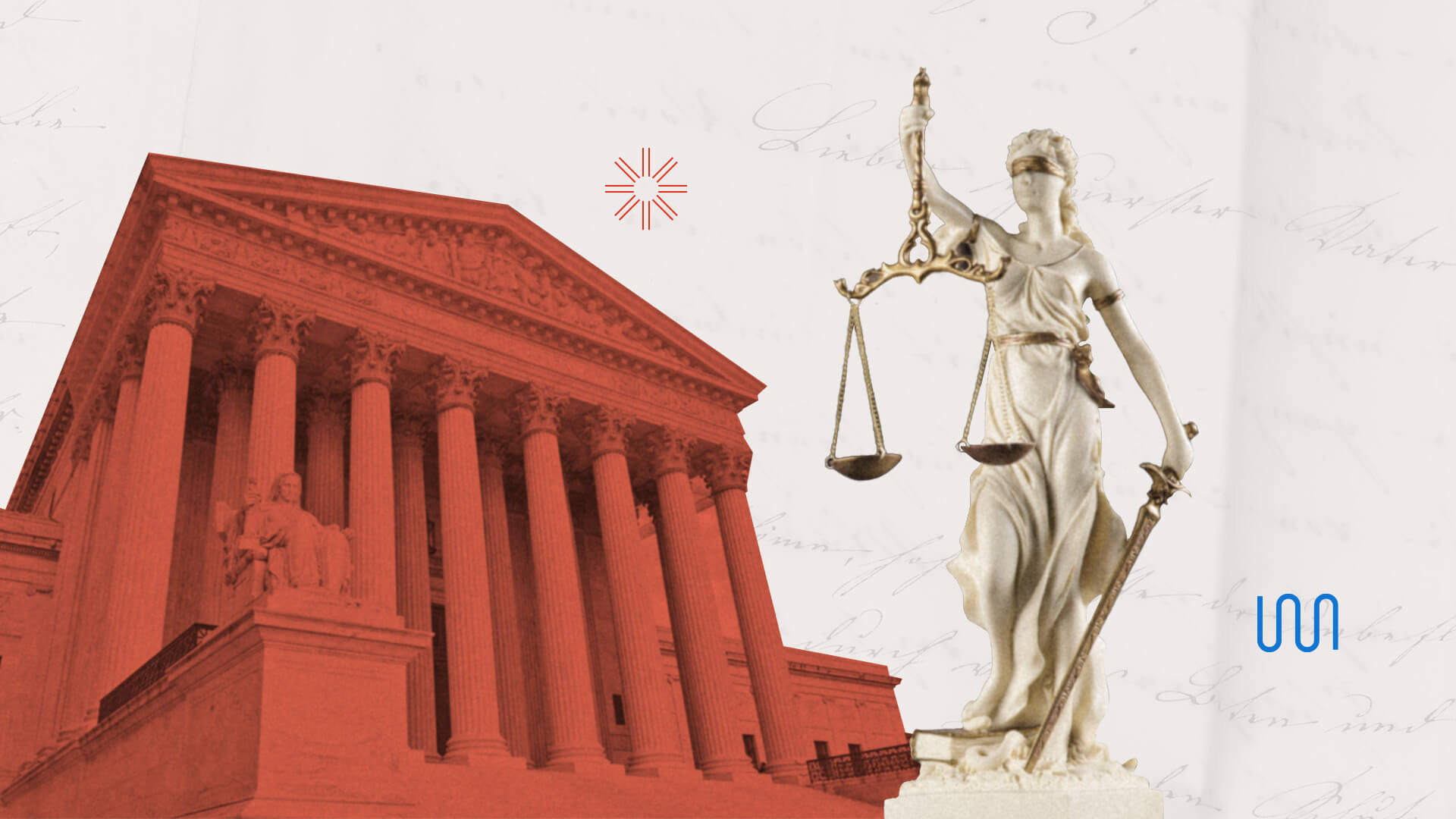
Initially designed as the technology that supports Bitcoin, Blockchain technology has been praised to have a wide range of applications. Besides its use for digital currencies, Blockchain also serves as a platform for smart contracts. Smart contracts are self-executing, independent computer programs that execute, enforce, and facilitate commercial arrangements between two or more parties.
Both Blockchain technology and smart contracts individually have their enormous advantages. However, when both techs are integrated, the benefits are endless. Blockchain-based smart contracts have huge potential to simplify financial transactions and limit counterparty risks linked with enforcing and managing contractual obligations.
What is blockchain?
Blockchain technology involves the use of a decentralized, distributed, and rigid leader for recording and validating transactions. The technology allows users to safely send, receive, and revoke information via a peer-to-peer network of computers.
When users want to carry out a transaction on the blockchain, the transaction is transmitted over the entire network. The transaction is recorded on a block immediately after the network verifies the validity of the transaction. The ensuing sequence of blocks then prevents third parties from altering the ledger, ensuring transactions are recorded just once.
The digital smart contract
Even though blockchain was created to enable crypto transactions, entrepreneurs are now expanding the technology for use in digital smart contracts. To develop a digital smart contract, the terms present in a traditional contract are coded and transferred to the blockchain.
This produces a decentralized smart contract independent of the third party for enforcement and record keeping. Once pre-programmed conditions are met, the contractual clauses are automatically implemented. This saves both parties from vagueness and any disagreement as regards the terms and conditions of the agreement.
An outstanding and very important feature of the blockchain as regards digital smart contracts is its ability to execute trustless transactions. A transaction is considered trustless if it can be monitored, enforced, and validated without invention from a third-party intermediary.
Another feature that can be integrated into smart contracts is the Multi-signature (or multi-sig) functionality. This feature is used where approval of two or more parties is needed before such a contract can be enforced. For example, an escrow agreement between an escrow agent and two other parties.
In situations where smart contracts are dependent on real-world data, finalized outside systems known as oracles can be designed to oversee and validate performance, prices, and real-life events.
Use of digital smart contracts in financial transactions
Financial transactions are one of the many possible ways to use digital smart contracts. Smart contracts can be effectively coded so that clearing, settlement, and payment can happen automatically using a decentralized approach. With such a decentralized approach there's no need for a third-party intermediary like a clearinghouse or an exchange like https://bitcoin-champion.app/
For instance, a digital smart contract could be preprogrammed with required contractual terms like quantity, quality, and delivery excluding the price. The price could then be algorithmically inferred from market data via an oracle. Upon margin calls, the margin could be transferred automatically and the contract will self-terminate if a counterparty default happens. The blockchain would execute functions relating to auditing, custodial functions, and recordkeeping which are usually performed by third-party intermediaries. By sidelining third-party intermediaries, the transactional cost is saved by the contracting parties.
Today lots of financial technology startups are starting to develop digital contracts for their financial transactions. As a result, more than ever before, there's now a need for derivatives and securities regulators to come up with a method to regulate their use. A number of regulators have already given a sign and made intentions known on evaluating the use of blockchain in the financial sector.
Smart contracts are no doubt very attractive to regulators, because of the increased transaction security and reduction in the risk of manipulation and fraud. However, several careful observers remark that their implementation may put up tough compliance and legal challenges.
Conclusion
Blockchain smart contracts clearly can transform the way industries construct their contracts and agreements, especially within FinTech. With Blockchain smart contracts, industries will no longer have to rely heavily on the traditional financial market infrastructures. However, it will definitely take some time before Blockchain smart contracts gain enough attention from mainstream FinTech and the rest of the industry.
This article was written by Vasid Qureshi from TechBullion and was legally licensed through the Industry Dive publisher network. Please direct all licensing questions to legal@industrydive.com.



